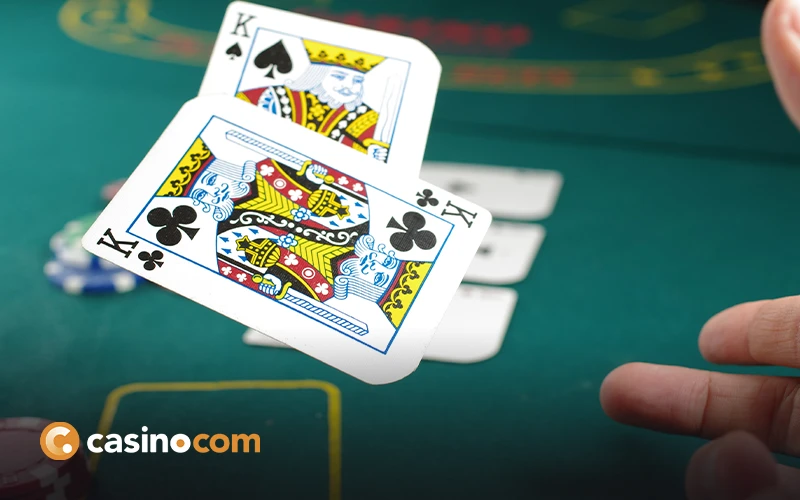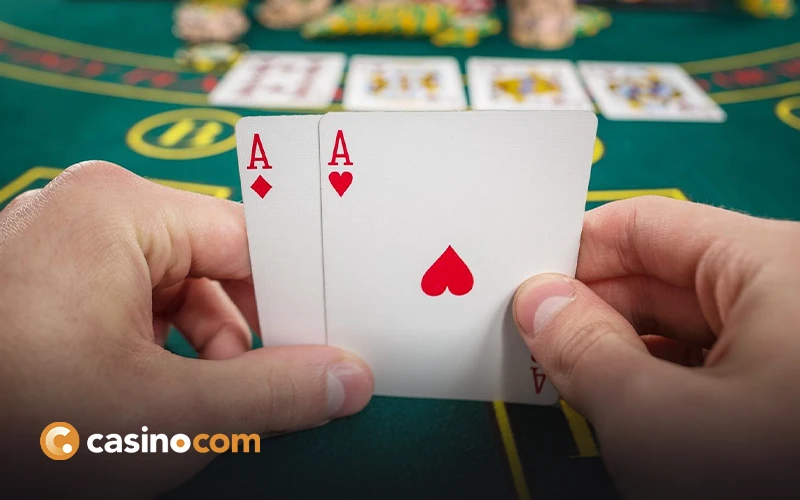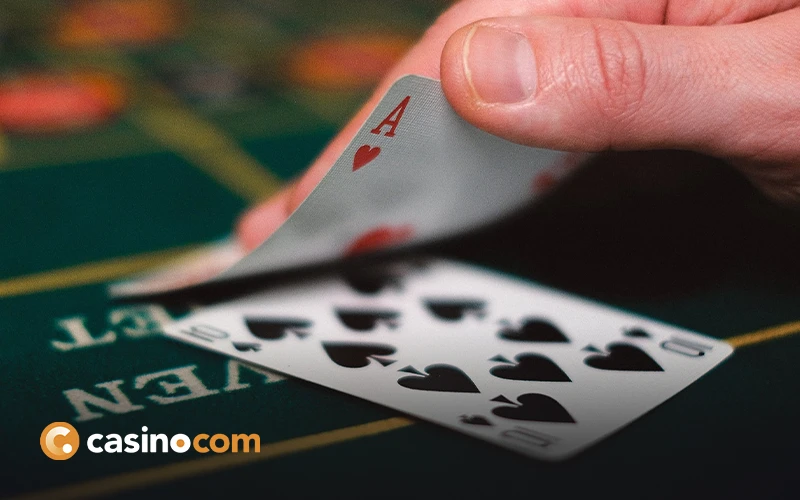Whether it be in his hometown of Sydney, Australia, or around the world, Kerry Packer’s influence can be felt. He was a corporate tycoon, a cricket revolutionary, and a legendary gambler, leaving a mark that few others on this planet can match.
Born in Sydney, Australia in December 1937, Kerry Francis Bullmore Packer would go on to leave an incredible legacy. Being a billionaire would be the kind of legacy that most would be thrilled to leave behind, but that is merely one of the things he would be remembered for.
By the time of his death on the day after Christmas 2005, Packer had lived several lifetimes worth. The billionaire would create the “Packer Empire,” change the game of cricket by founding World Series Cricket, and leave behind the kind of casino legacy that only a handful of men can brag about.
A Challenging Upbringing
Long before he would learn how to play baccarat, Packer spent his early childhood in Sydney living in fear of a potential Japanese invasion during World War II. The Japanese notoriously launched submarine attacks during May and June 1942 on Sydney Harbor, leading his parents to send him to live with an aunt in Bowral.
Packer contacted polio during his time in Bowral, ultimately spending nine months in the hospital. Even after leaving the hospital, it took two years before Packer was able to fully regain his strength again.
Because of his absence from school, he struggled when returning. Packer battled dyslexia, which went undiagnosed, which made catching up virtually impossible. His father would ultimately label him as “the family idiot.”
His parents, with whom Packer struggled to find a close relationship with, continuously criticized him. Yet still, Packer never spoke ill of them. He talked about his father being a strong man that he was scared of but “just a man.”
Becoming Wealthy
Though the Kerry Packer story is interesting from start to finish, his story is not a self-made one. His father created a media empire and ultimately left it to Kerry upon his death in 1974. By the time of his passing, Packer’s father’s empire was worth more than AU$100 million.
Kerry was left with several provincial newspapers, the largest magazine publishing company in Australia, a few radio stations, and two television stations. If not for a dispute between Kerry’s father and older brother Clyde, who was written out of the will, none of this may have come to be.
Packer proved to be adept as a businessman, however. At 37, he took over the business and expanded the empire to include a heavy investment in cattle ranching while putting a focus on property development.
His biggest move came in 1987, however. The value of Australian television stations was at an all-time high and Packer sold The Nine Network to Alan Bond, earning AU$1 billion for the sale. But that was just the first part.
Just three years later, he bought back The Nine Station from Bond, who was badly struggling. He got the network back for just AU$200 million. “Buy low, sell high” is a common business strategy but few did it better than Packer.
At his peak, his net worth was just north of $5 billion. He landed enough deals to make him Australia’s richest person at one point, as well as being 94th in the world in terms of overall wealth.
A Prolific Gambler
When you have $5 billion for a net worth, it becomes easier to reach limits that few other men can achieve. In fact, his business acumen may be the third thing that he is most remembered for. Being a sensational gambler might be the biggest.
For much of his life, Kerry Packer was considered to be the biggest gambler in the world. He would visit Crockford’s in London and became a regular at the Bellagio and MGM Grand in Las Vegas.
One of Packer’s most talked about achievements as a gambler isn’t a positive one, though. Baccarat may have been his favorite game, but the roulette table is where he made history. In a three-day stretch, Packer lost a whopping $16.5 million playing roulette.
While that is a stretch Packer no doubt wanted to forget, he won more than his share as well. He incredibly won $20 million in just 40 minutes at the MGM Grand in Las Vegas once. He did it by betting $250,000 across a whopping eight tables at one time.
Betting at that level also attracts certain attention from management. More than a few casinos have asked Packer to go elsewhere to give the house a chance to recover. A visit from Packer could change the fortunes of that casino drastically in one way or another.
Packer even liked to add an element of gambling to his generosity. Though he was notorious for being an incredible tipper – paying off the mortgage of a waitress or buying a car for a valet – the tips were sometimes not straightforward. He loved to bet on behalf of the dealer, one time betting a $100,000 tip to a dealer on a game of blackjack (it won).
There are many stories about Packer and his gambling exploits may be unmatched. Win or lose, Packer left a mark on any casino floor he stepped on.
Changing the Game of Cricket
Back in the 1970s, there were maybe a handful of people who believed in the commercial potential of cricket. The games were often slow and plodding. They brought in little revenue compared to other sports and the players were struggling just to make a livable wage.
Packer changed that when he bid on the exclusive broadcasting rights for Australia’s 1976 test matches. His offer was rejected despite being seen as quite generous. What that rejection did was set off a chain of events.
When all was said and done, Packer created a cricket series of his own – World Series Cricket. His goal was simple: to maximize the sport’s commercial potential. This is just one of a few instances where his incredible wealth became a key.
Packer started by signing away some of the biggest players in the game, including English captain Tony Grieg. Packer used this star power to create a group of international teams, each of which played one another across two seasons from 1977-1979.
With no stringent traditions or laws to adhere to, Packer made the game far more marketable by also making it more broadcast-friendly. Matches were drastically shortened. What may have been a five-day game was now cut down to a one-day international. Games were played during the day and at night, which has proven to be the popular format.
World Series Cricket also set the standard for professional salaries, bright uniforms, and helmets for the players. All of which have become the standard for the game in nearly every form.
Though World Series Cricket was terminated after its second season after Channel Nine, owned by Packer, got the exclusive rights to Australian Test Cricket – plus a 10-year marketing and promotion contract – there was no further need for it.
Though World Series Cricket was around just two seasons, the influence on the game can’t be forgotten. When his death was announced, a full minute’s silence was held prior to the second day of the Australia vs. South Africa test match.
Leaving This World
Packer battled health problems, primarily heart attacks, of which he suffered from four. One of them left Packer clinically dead for an incredible seven minutes. After being revived by paramedics, Packer donated AU$2.5 million to ensure that New South Wales ambulances were properly equipped with defibrillators.
Packer dealt with kidney issues later in life, but an incredible story came of even that. To show just how generous he was with his time and money, his helicopter pilot, Nick Ross, would donate a kidney to Packer.
Ultimately, even modern medical interventions couldn’t save him. Packer passed away at the age of 68 on December 26, 2005. His passing was given a state memorial service at the Sydney Opera House. Actor Russel Crowe, Packer’s son James, and even Prime Minister John Howard were on hand to give speeches.
A Final Word
Kerry Packer lived several lifetimes packed into one. His generosity, ingenuity to build an already formidable media empire into untold riches, and his rare ability to give and take from casinos around the world all remain legendary. The Packer legend lives on.




